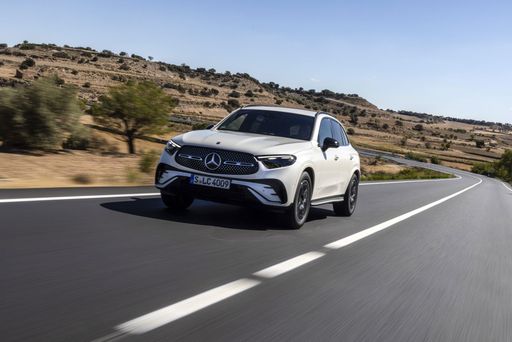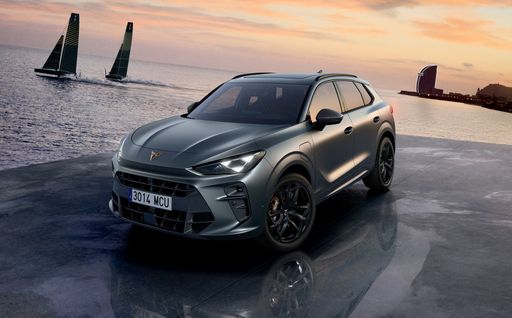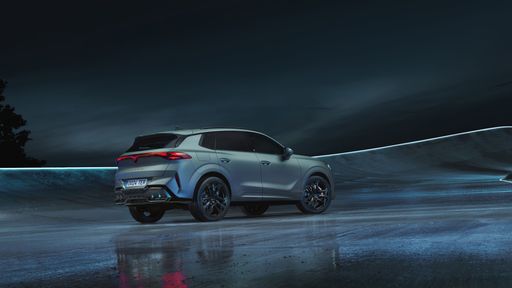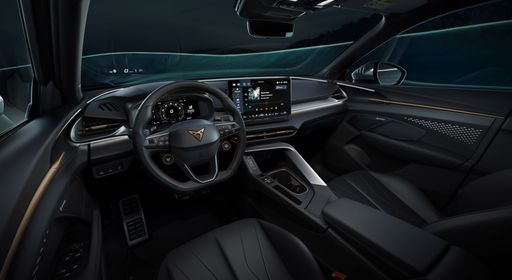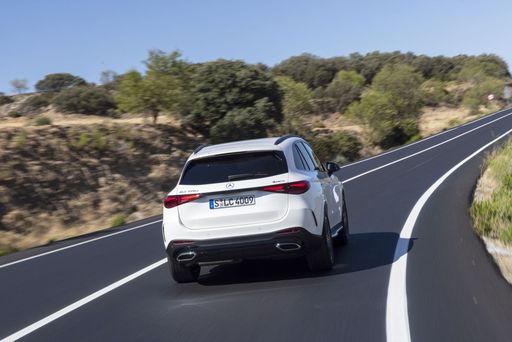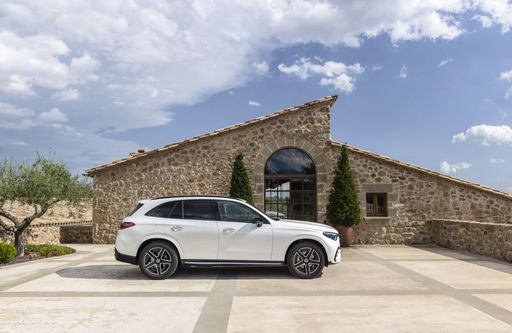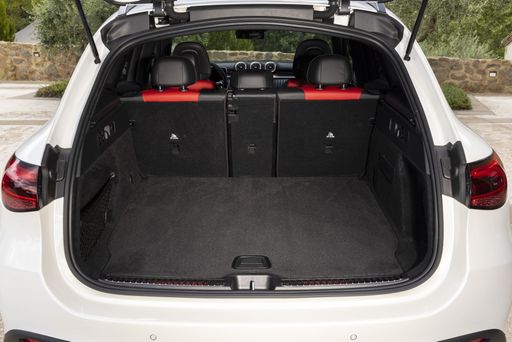Comparative Review: CUPRA Terramar vs. Mercedes GLC
In the competitive world of luxury SUVs, two models stand out for their unique offerings: the CUPRA Terramar and the Mercedes GLC. Both vehicles cater to a diverse audience, providing a blend of performance, comfort, and innovative technology. Let's delve deeper into the technical specifications and innovations that set these two apart.

